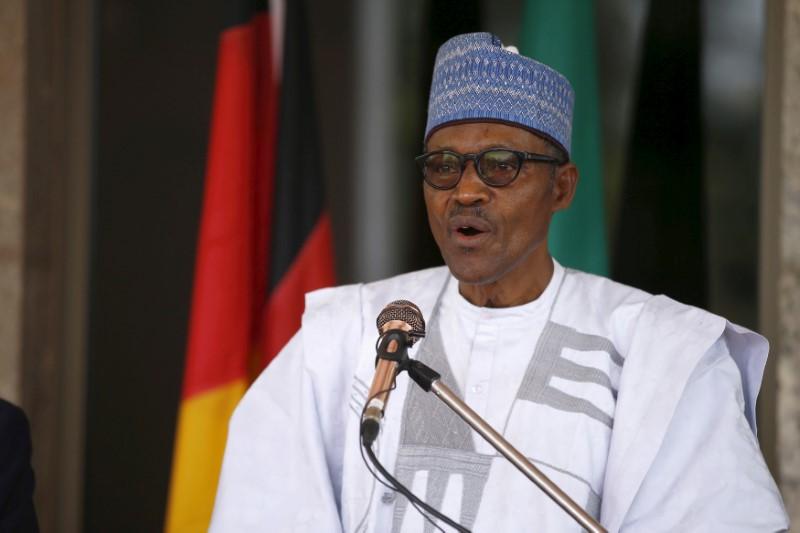
Nigeria’s Senate gives go-ahead for $5.5 billion foreign borrowing

Nigeria’s senate on Tuesday approved President Muhammadu Buhari’s plan to borrow $5.5 billion from foreign investors.
The money is designed to plug a large gap in Nigeria’s finances that stems in part from the global fall in oil prices, Reuters reports.
Nigeria’s economy grew in the second quarter, climbing out of its first recession in 25 years, but the pace of growth was slow suggesting that the recovery remains fragile.
The 7.44 trillion naira ($24.33 billion) 2017 budget projects a shortfall of $7.5 billion, prompting Buhari’s call for foreign loans.
The borrowing would include $2.5 billion in Eurobonds to plug part of the 2017 budget deficit and $3 billion to refinance maturing domestic debt to lower the country’s funding costs.
The government intends to spend money on infrastructure projects to diversify the OPEC member’s oil-dependent economy. Crude oil sales make up about two-thirds of government revenue.
“We’re working to ensure Nigerians get dividends of democracy and return Nigeria to a construction giant,” said Gbenga Ashafa, a senator representing a constituency in commercial capital Lagos, according to the Senate’s official Twitter feed.
Buhari last week presented a 2018 budget of 8.612 trillion naira ($28.16 billion), the country’s biggest ever, to lawmakers. Analysts say implementation of Buhari’s budgets since taking office in 2015 has been lacking, particularly on capital expenditure.






